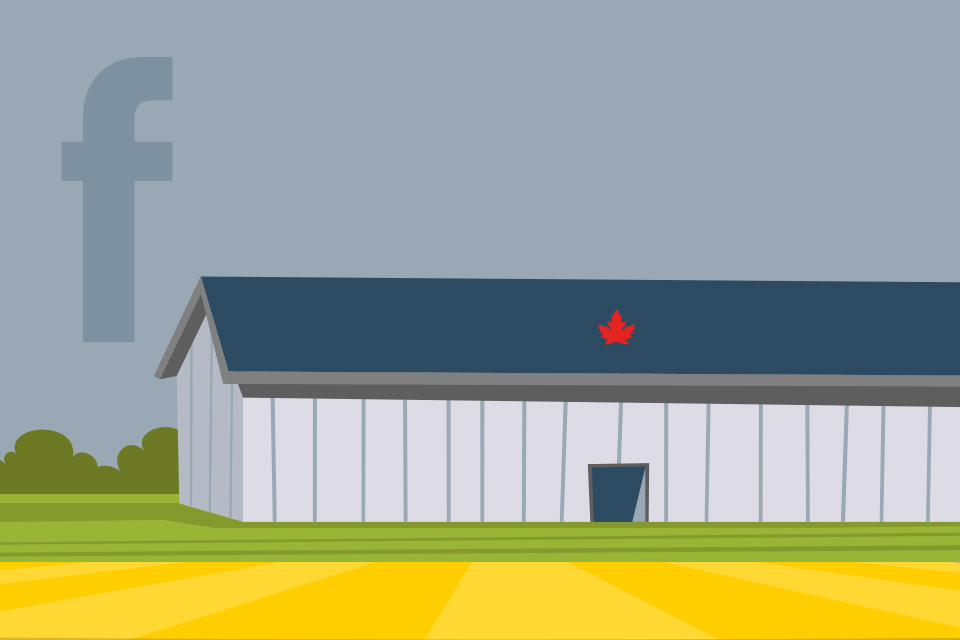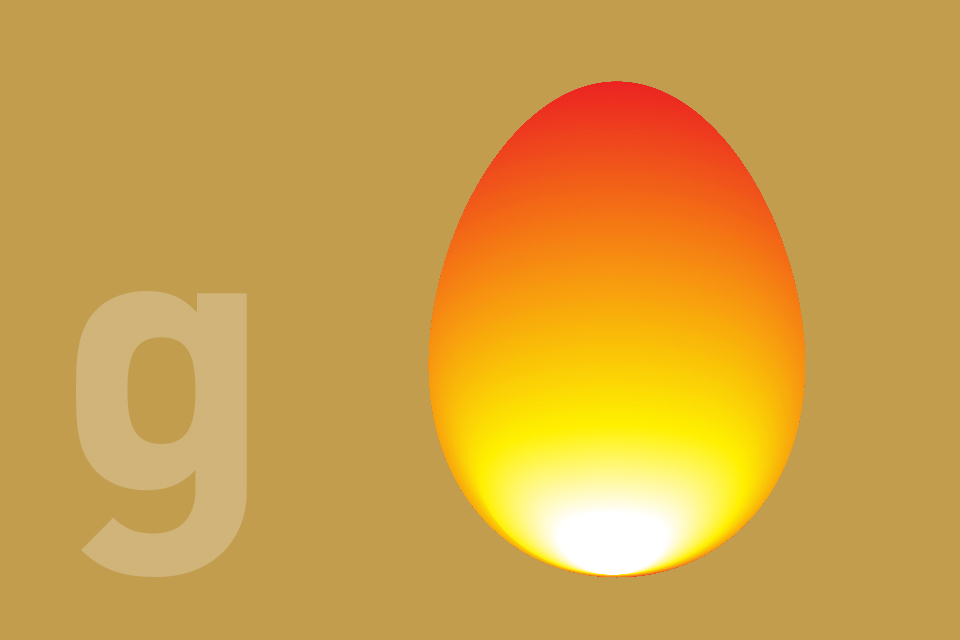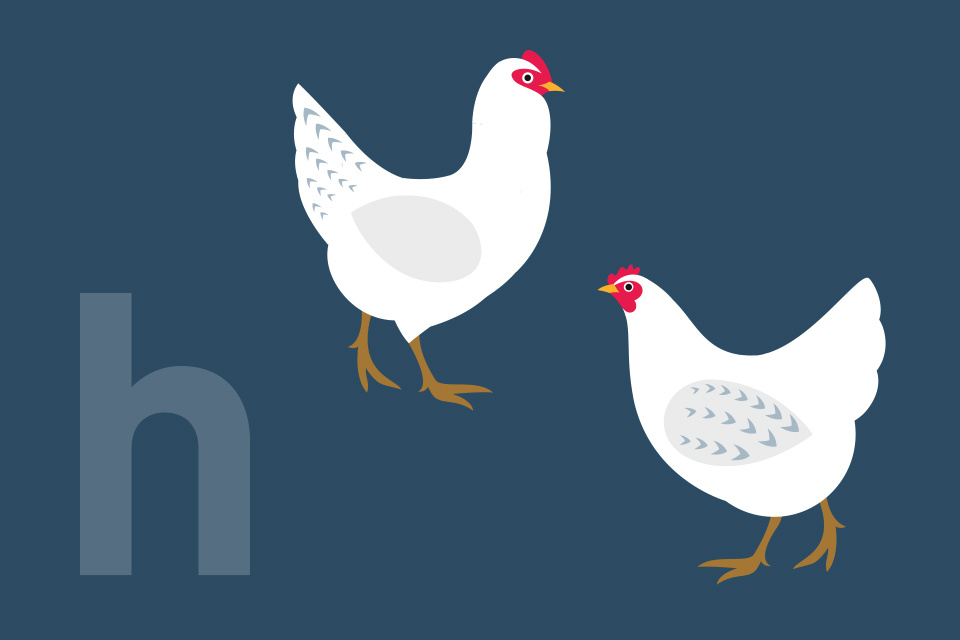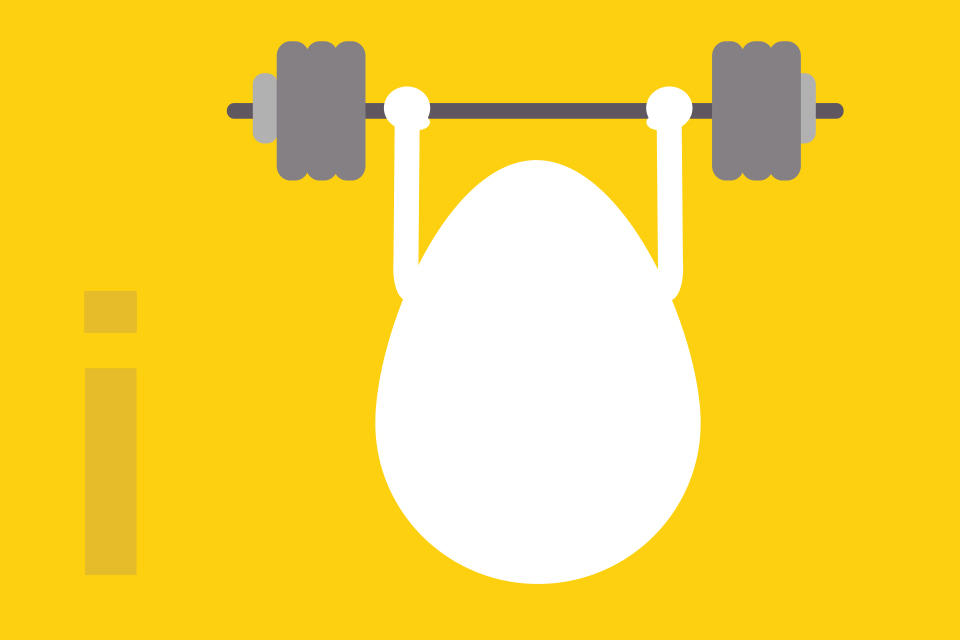
From E to Z: what you need to know about eggs and egg farming
By Egg Farmers of CanadaEver wonder about the nutritional content of eggs? How eggs travel from the farm to the store? How Canadian eggs are graded and checked for quality? Wonder no more. Our series From E to Z will walk you through everything you need to know about the humble egg.

E is for egg
Where better to start than the egg itself? It’s the reason our farmers are in the business of bringing eggs to Canadians. There is so much to love about the simple egg.
Two large eggs contain 13 grams of protein and only 160 calories. They are a rich source of nutrients like vitamins A, D, E and B12—essential for protecting against heart disease, maintaining healthy skin and eye tissue, strengthening bones and teeth and a myriad of benefits your body needs.

F is for farm
This is where the magic happens! There are more than 1,000 egg farmers and farm families in Canada. In fact, you can find egg farms in each province and even in the Northwest Territories! You can also find egg farms in some out-of-the-ordinary places… make sure to read our article that shares some of the unEggspected egg farms in Canada to find out more.

G is for grading
Eggs go from the farm to a grading station where they are washed and gently scrubbed, and packaged according to their weight. A process called “candling” is used to examine quality. A bright light helps see through the egg, checking the size of the air cell, the centering of the yolk and the thickness of the shell. This determines whether an egg meets Canada Grade A, Grade B or Grade C standards. If the shell has no cracks, the yolk is centered and the air cell is small, that’s a Grade A egg—the kind of eggs you buy at the store.1

H is for hen
Our industry and the fresh, local eggs you love, wouldn’t be possible without our hens. Job #1 for egg farmers is to care for their hens. That’s why they follow our Animal Care Program with important protocols related to the care, diet and environment that help ensure hens are kept healthy and Canadian eggs are made according to some of the highest quality standards in the world. With the help of this program, farmers can follow their passion: producing fresh, local, high-quality eggs for Canadian tables.

I is for iron
Iron is hugely important for our health. Iron fuels our body’s red blood cells and moves oxygen through the body.2 That helps keep us healthy, active and energetic. Eggs are an ideal source of iron since the iron found in eggs is easily absorbed by the body.3
Check out part two of our From E to Z series, as we tell you more about eggs and the industry that loves to make them!